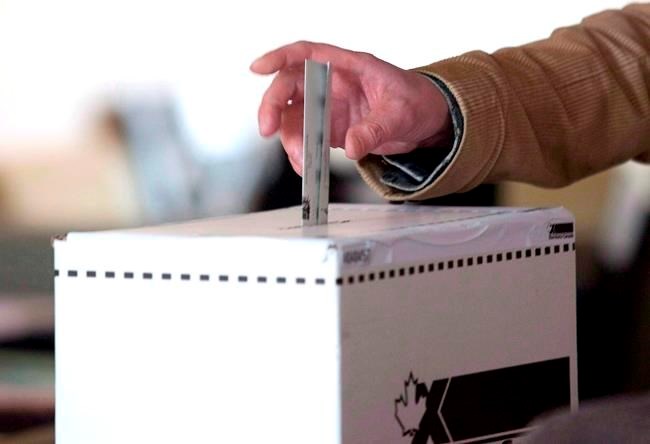Week One in federal election promises:
• Jagmeet Singh vowed to cap cellphone and Internet charges.
• Justin Trudeau announced breaks for first-time homeowners.
• Andrew Scheer dangled tax credits for transit users.
• Elizabeth May wants to cancel student debt over $10,000.
If somebody promises free avocado toast, it will be official: The politicians have discovered millennials. This, of course, will be disconcerting to older voters, who have long been used to elections being all about them, just as God — an elderly man like themselves — ordained.
But no, no, no, it seems what political parties actually do is aim their promises at the biggest blocs of voters, which has traditionally meant A) baby boomers and B) their parents, but today means the millennials who, by some calculations, now form the single largest cohort of Canadians (They’re typically described as being born between the early 1980s and mid-1990s.)
That’s why candidates who used to spend a disproportionate amount of time rattling on about things like health care, pensions, youth crime, their favourite episode of Murder She Wrote and why Chrysler never should have stopped making the slant six, now focus instead on housing affordability, the cost of child care, the brunch lineups at Jam, awkward Spice Girls references and whatever else they think might be of interest to people who weren’t yet born when John Lennon died.
Sometimes the promises amount to little more than bribing Canadians with their own money, which ticks off the serious-minded among us. Such people get offended that the parties try to seduce us by waving shiny trinkets in front of our faces, distracting us instead of tackling what matters most — like the question of whether Felicity Huffman will get the Martha Stewart Suite in prison, or the awesomeness of this week’s story about a New Zealander who, knowing he was about to be fired, went into his boss’s office accompanied by an “emotional support clown” who at first made balloon animals and then, when it got to the part where the guy actually got canned, mimed crying.
Wait, no, what I meant to say is that what serious-minded voters really want candidates to focus on is climate change. In fact, if you ask Canadians to identify the biggest issues in this election, it’s pretty much a long drop from A) the fear that we have just 10 years to come to grips with the end of the Earth as we know it, to B) cellphone fees. It’s not as though there’s a big wedge issue like Brexit in between. The problem is that if you go on social media you’ll find a lot more certainty about how to deal with phone fees than climate change. It’s easier for voters to wrap their heads around.
Maybe what vote-hungry candidates should zero in on is the demographic shift itself as millennials finally overtake baby boomers — a changing of the guard whose implications should make both cohorts squirm in discomfort.
This spring, Max Fawcett wrote a piece for The Walrus in which he noted that while we had almost seven taxpaying adults for every senior in 1972, that ratio will drop to just over three within the next decade. That’s a lot of extra weight on the shoulders of the remaining taxpayers, who must pay not only for the boomers’ health-care and old-age benefits, but also the cost of providing them with grief counselling as they realize that they are no longer at the centre of the universe.
I mean, my generation fought no wars, endured no Depression, made no particularly onerous sacrifices, yet somehow — through a combination of raw numbers and good timing — inherited all the good jobs, relatively cheap houses and political power. Less-dominant generations were consigned to the periphery, where we fed them an unending diet of classic rock, MASH reruns and old Monty Python and Saturday Night Live routines.
And now, as the current election campaign shows, the power — and the burden — is shifting to the millennials. To them with failing hands we pass the torch, though they would probably prefer a fire extinguisher.



